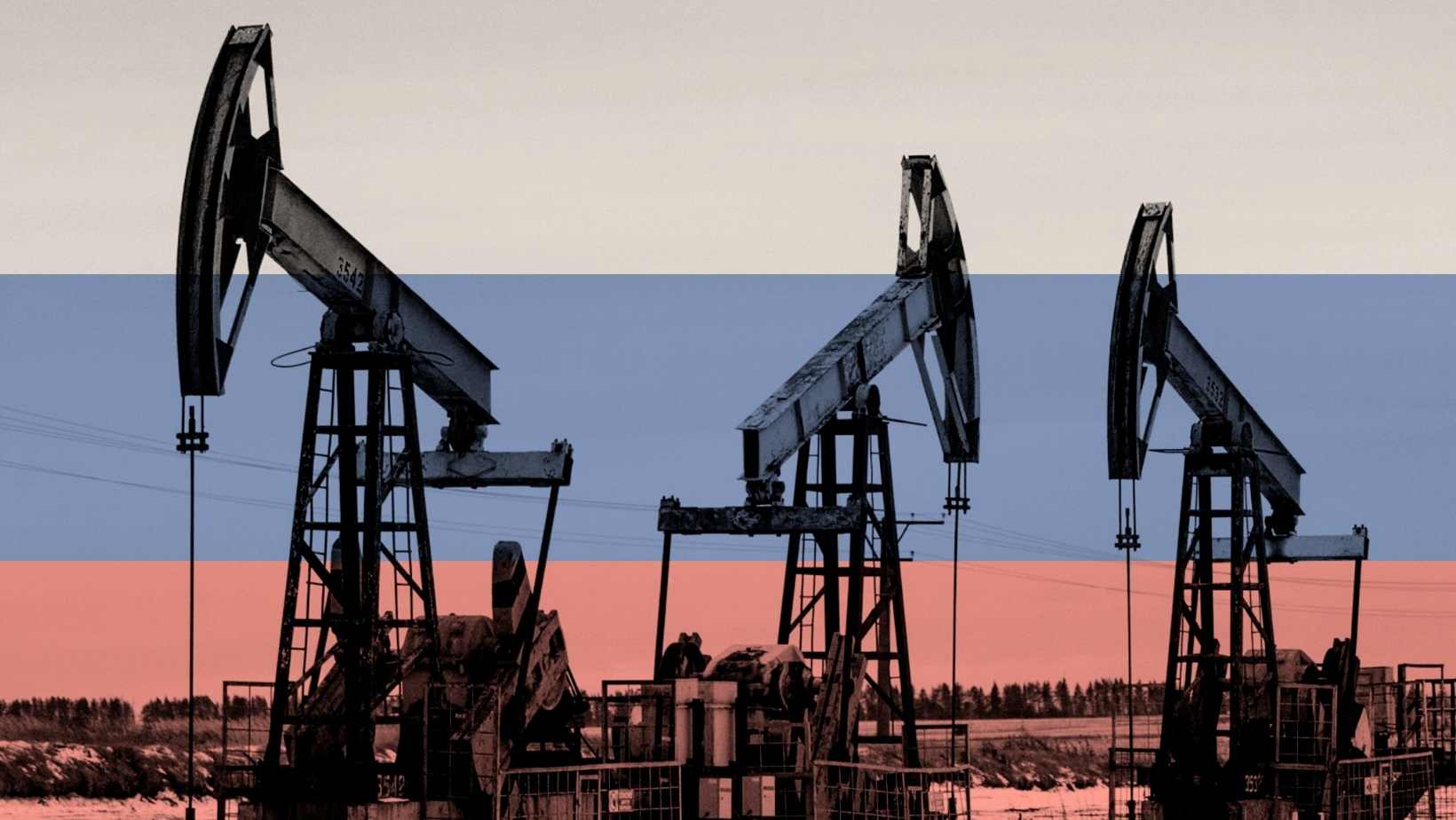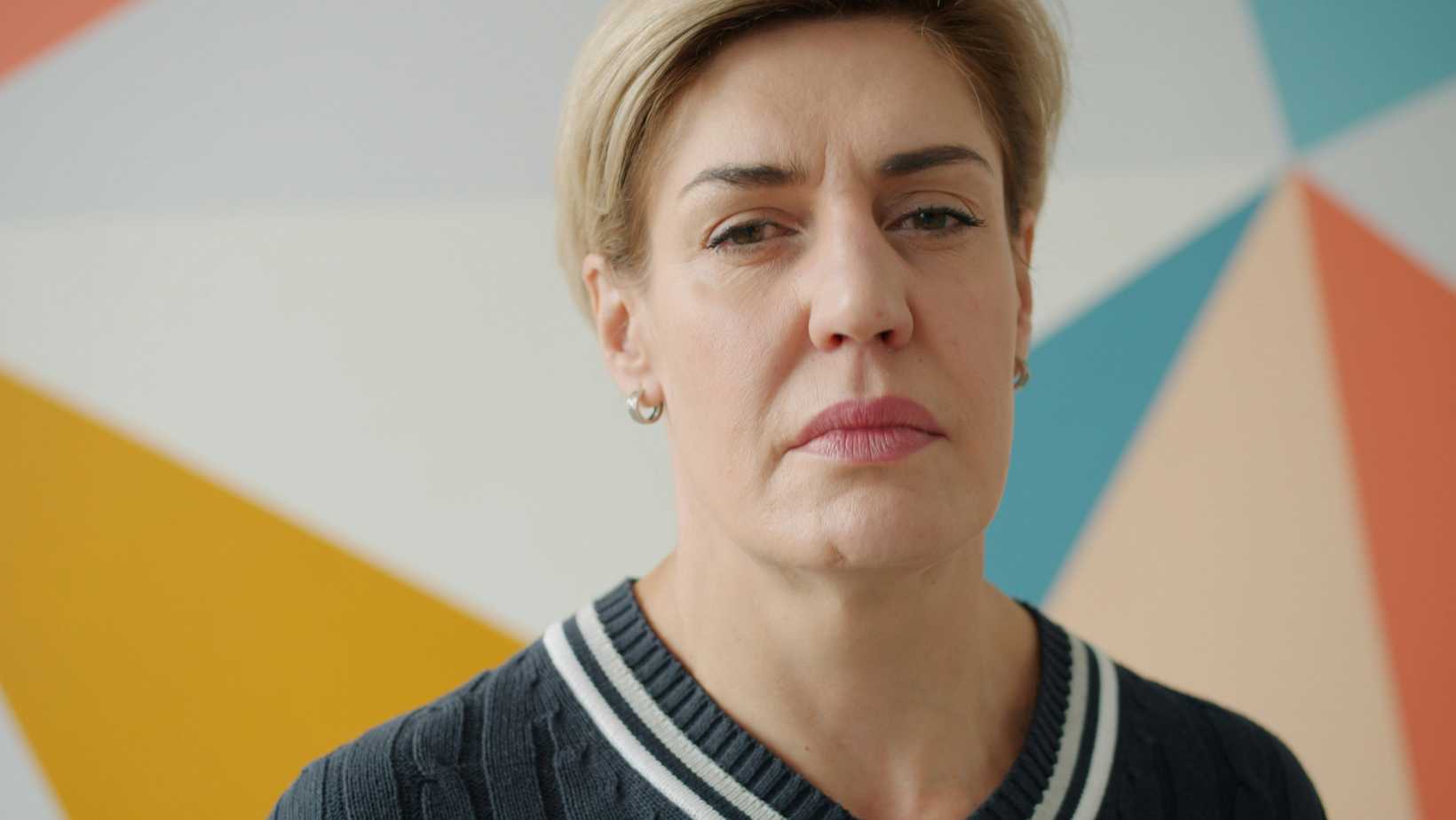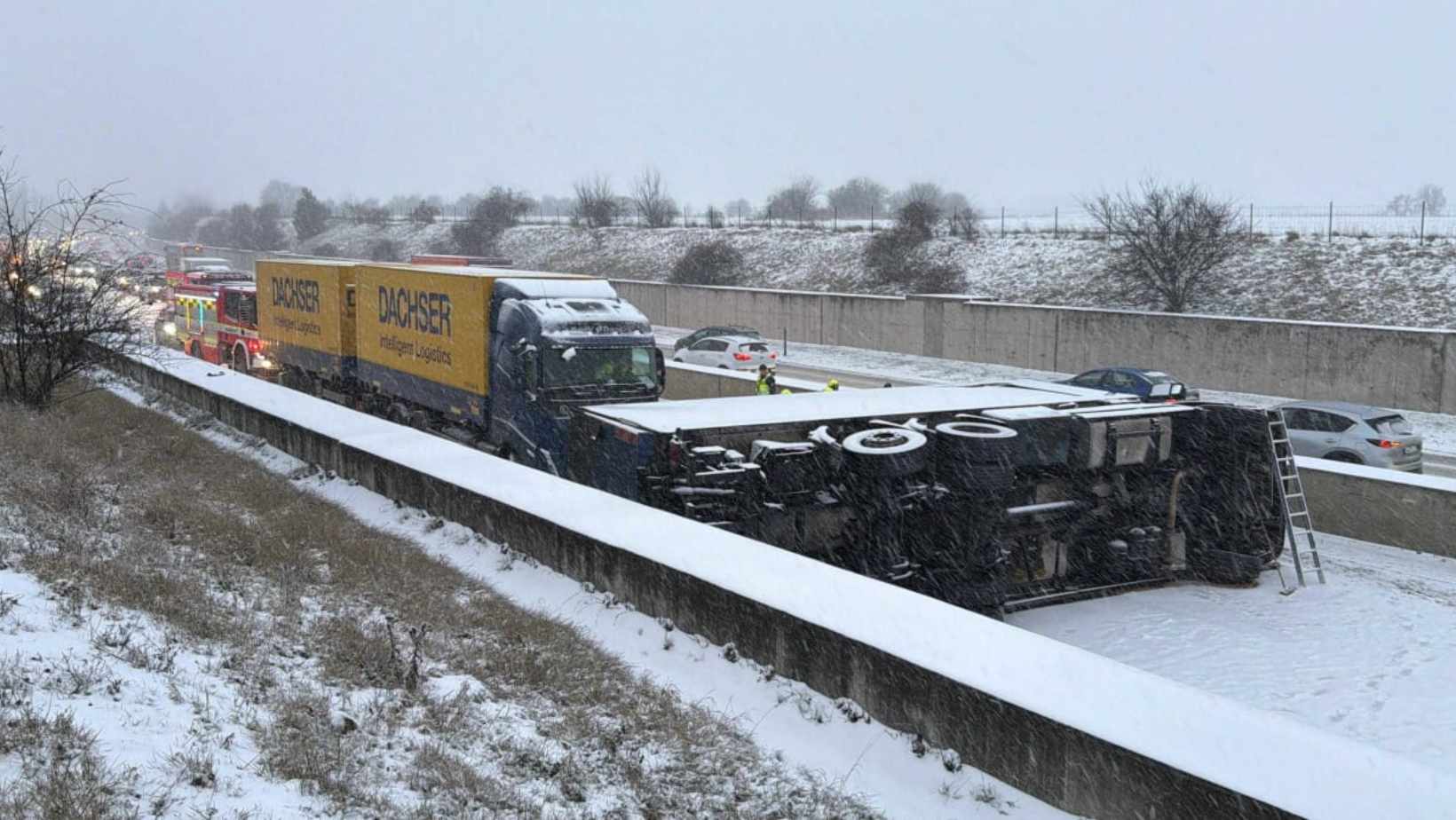Historic Shift: Czechia Ends Russian Oil Dependency After 60 Years
Prague Morning

The Czech Republic is set to end its reliance on Russian oil as it closes the pipeline taps after more than 60 years.
Starting December 5, the country will no longer benefit from an EU exemption on Russian oil imports, halting the flow of crude through the Druzhba oil pipeline.
This decision marks a turning point in Czech energy independence and reflects broader European efforts to counter Russia’s aggression in Ukraine.
The Druzhba pipeline, a Cold War-era project, was the first to deliver oil to Czechoslovakia, beginning in 1962. For decades, it served as a vital artery, delivering up to 18 million tons of oil annually before the fall of communism in 1989.
Marek Vošahlík, spokesperson for the Ministry of Industry, confirmed the decision: “In light of the Czech Republic’s steps toward independence from Russian oil, there is no reason to extend the exemption.”
Transitioning to Alternative Oil Supplies
The Czech Republic has outlined a plan to replace Russian oil. Central to this strategy is the expansion of the Transalpine Pipeline (TAL), which will double its capacity to deliver up to eight million tons of oil annually starting next year.
The country imports oil through two main sources: the Druzhba pipeline and the German IKL pipeline, which connects to the Italian TAL system originating in Trieste.
In 2022, approximately 58% of the country’s 7.4 million tons of imported oil arrived via Druzhba. The remainder flowed through the TAL network, which will soon play a more dominant role.
Reuters noted that much of the Czech Republic’s Russian oil products have been sourced from Slovakia’s Slovnaft refinery, owned by Hungarian energy company MOL. Slovak Foreign Minister Juraj Blanár recently indicated that Slovakia has no immediate plans to halt Russian oil imports, but the Czech Republic is preparing to fill the gap through alternative rail-imported oil products.
Securing Energy Stability Amid Change
By July 2025, the country aims to eliminate its reliance on Russian oil fully. This timeline aligns with the operational start of the TAL pipeline expansion and the expiration of current contracts held by PKN Orlen, which include Russian crude imports.
Energy security envoy Václav Bartuška emphasized the transition’s feasibility: “From July 2025, we should no longer be using Russian oil. The expanded TAL-PLUS pipeline will provide the necessary capacity, with supplies likely coming from Iraq and South America’s Guyana, depending on pricing trends.”
Would you like us to write about your business? Find out more
-
NEWSLETTER
Subscribe for our daily news









